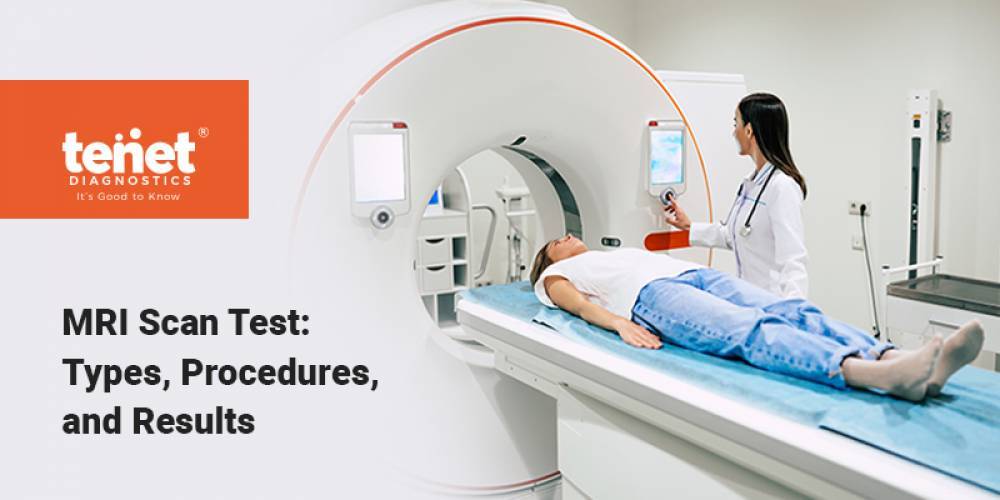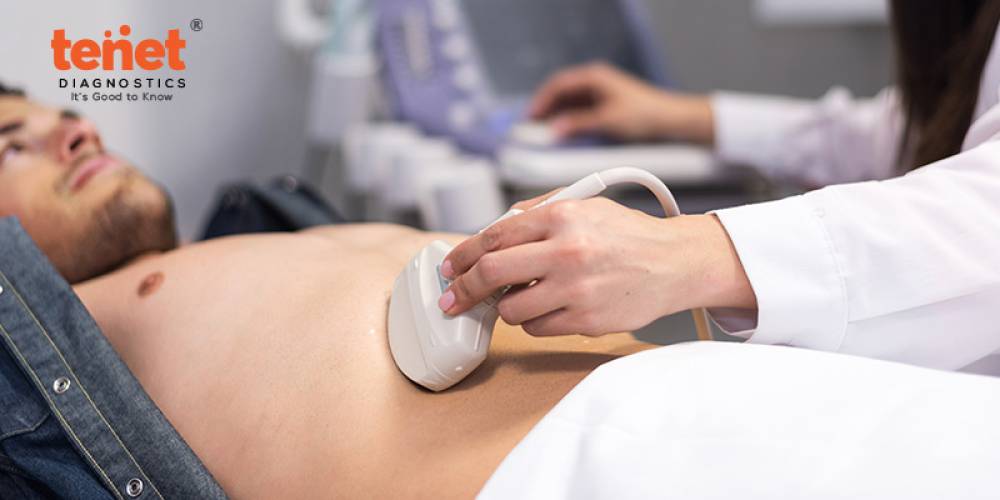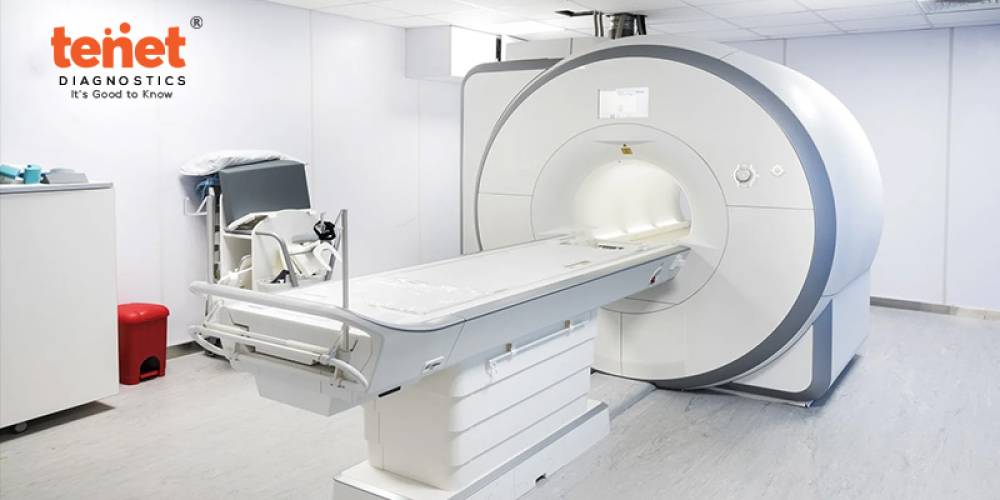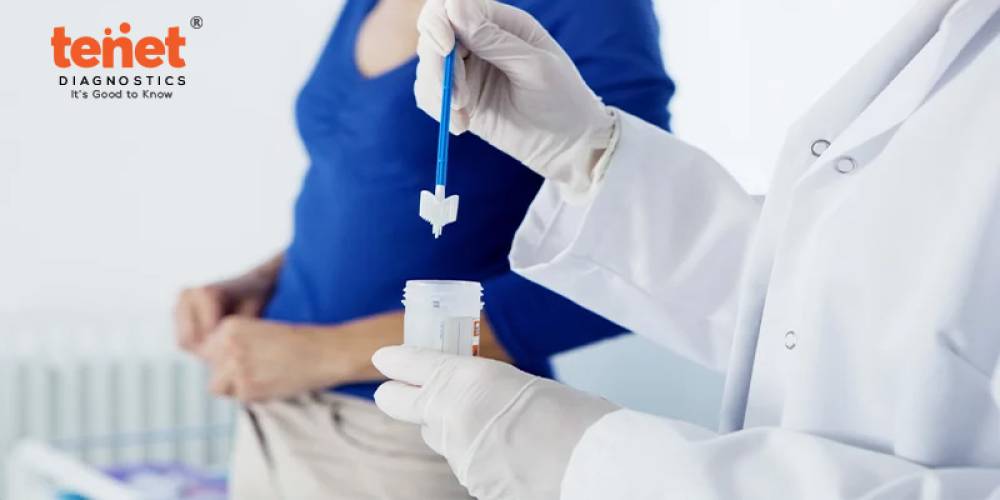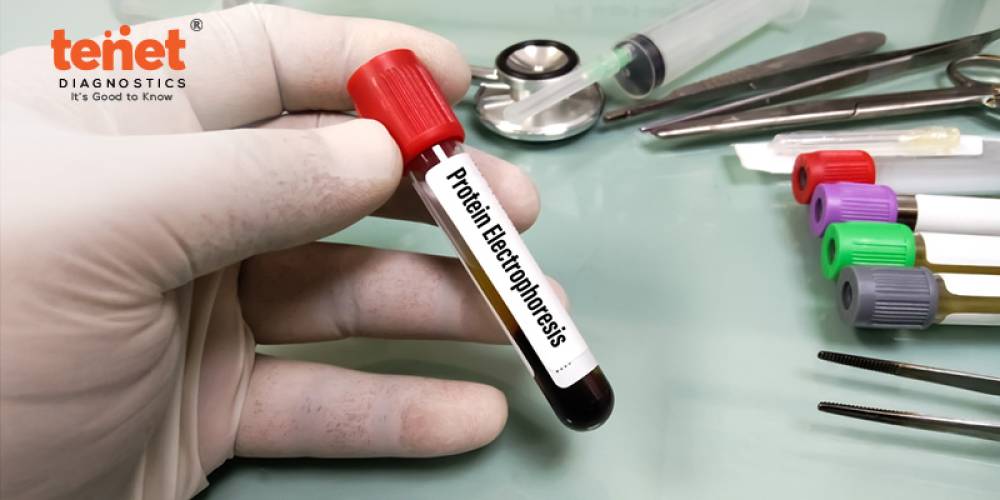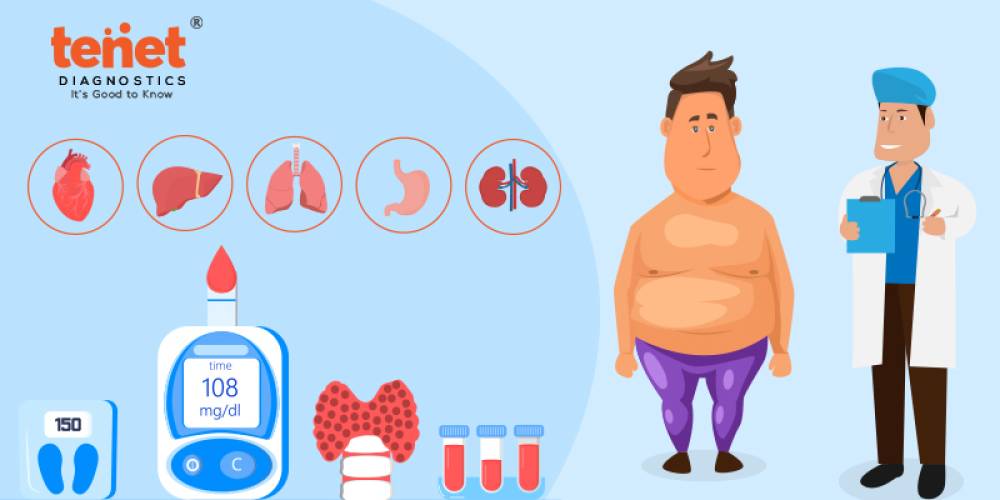Magnetic resonance imaging (MRI) is a class of imaging that uses radio waves to produce images. It can display tissues, organs, and other body structures. MRI scan test creates images on a computer screen using a strong magnetic field and radio waves.
An MRI scan varies from CT and X-rays because it does not use ionizing radiation, which can be dangerous. You can get the info about MRI Scan tests with a simple online search for "MRI scan cost in Hyderabad" or "MRI scan test near me."
MRI is a painless, non-invasive diagnostic examination that uses a strong magnetic field and radio waves to create two- or three-dimensional images of the structures inside your body. A magnetic resonance imaging (MRI) scan provides detailed pictures of your organs, tissues, and skeleton, which can be used to diagnose and monitor many medical diseases.
Types of MRI Scan
MRI can evaluate practically all bones, joints, and soft tissues. It detects tendons, ligament, muscles, cartilage, and bone injuries. MRI scans can be categorized in various ways depending on their features and applications. Here are a few types of MRI Scan tests:
Brain MRI
An MRI of the brain generates highly detailed images of the brain's anatomy. It's frequently used to assess people with headaches, seizures, weakness, blurred vision, and other symptoms. It can also be used to investigate an anomaly discovered on a CT scan. A unique device called a head coil is placed around the patient's head during a brain MRI. This coil, which resembles a helmet, allows the patient to see across enormous gaps. This technology aids in the correct production of highly detailed brain images.
Spine MRI
The gold standard for imaging the anatomy and disorders of the spinal cord is magnetic resonance imaging (MRI). In patients with neck, arm, back, and leg discomfort, this test is most typically done to look for a herniated disc or spinal canal narrowing (spinal stenosis). It's also best to see if a patient has repeated disc herniation after previous back surgery.
Bone and Joint MRI
Bone and Joint MRI can be used to look for injuries or structural abnormalities in bones, joints, and soft tissues like cartilage, muscles, and tendons, as well as other conditions like tumors, inflammatory disease, congenital anomalies, osteonecrosis, bone marrow disease, and herniation or degeneration of spinal discs.
Cardiac MRI
Cardiac MRI assesses the structure and function of the heart, its valves, and the main blood arteries. It's a powerful instrument for diagnosing and analyzing the consequences of coronary artery disease by measuring blood flow to the heart and determining the level of damage caused by a heart attack or other progressive heart disorders. Cardiac MRI can also visualize congenital heart abnormalities and cardiac malignancies.
Abdomen MRI
An MRI of the abdomen is most commonly used to confirm a finding made on another test, such as an ultrasound or CT scan. As a result, the examination is frequently designed to examine specific organs or tissues, such as the liver, adrenal glands, or pancreas.
The Purpose of MRI Scan Test
Using comprehensive, high-resolution images, an MRI scan allows your healthcare team to study the inner components of your body without needing an incision. MRI technology allows all body parts to be scanned from any direction or angle, allowing it to be used to diagnose and monitor various health disorders.
MRIs can be ordered with or without contrast. A contrast medium is a liquid injected into your circulation via an IV, allowing for more comprehensive imaging. Many patients get an MRI scan without contrast followed by an MRI with contrast to provide healthcare providers with a point of comparison.
MRI scan test helps diagnose several conditions and may even prevent or indicate the need for surgery. It's beneficial for brain and spinal cord conditions. Some tumors can be found and pinpointed using MRI. An MRI with contrast dye is the most effective approach to detect brain and spinal cord malignancies.
MRI scan test cancer in human body, and doctors, can occasionally identify if a tumor is cancerous or not using MRI. It can also be used to look for symptoms of cancer progressing from where it started to another place in the body. MRI scan after blood test is advised to ensure complete diagnosis and treatment for various conditions.
Preparation
Before an MRI scan, very little, if any, preparation is required. Your Doctors may ask you to change into a gown when they arrive at the hospital. Because magnets are employed, no metal objects should be present in the scanner. Any metal jewelry or accessories that could interfere with the machine will be asked to be removed by the doctor.
If a person has any metal inside their body, such as shrapnel, or other metallic bodies, they will most likely be unable to get an MRI. Medical tools such as cochlear implants, aneurysm clips, and pacemakers are examples of this. People who are afraid of being in enclosed spaces should tell their doctor. They may be given medication before the MRI to make the procedure more comfortable.
To boost the visibility of a specific tissue that is relevant to the scan, patients may be given an injection of intravenous (IV) contrast liquid. The radiologist, a specialist specializing in medical imaging, will walk the patient through the MRI scanning procedure and answer any questions they may have.
When the patient enters the scanning room, the doctor will assist them lying on the scanner table. Staff will provide blankets or pillows to make them as comfortable as possible.
To filter out the scanner's harsh noises, earplugs or headphones will be provided. Children prefer the latter since they can listen to music to help them relax throughout the treatment.
Procedure
During the test, the MRI technician will use the intercom to converse with the patient to ensure they are comfortable. The scan will not begin until the patient is ready.
It is critical to remain completely still during the scan. Any movement will cause the images to be disrupted, much like a camera trying to capture a moving object. The scanner will make loud clanging noises. This is quite natural. Depending on the visuals, the person may be required to hold their breath sometimes.
If the patient becomes uneasy throughout the treatment, they can use the intercom to communicate with the MRI technician and request that the scan is stopped.
When your MRI is complete, you may be requested to wait for a few minutes while the technologist or radiologist double-checks that no additional images are required.
The table will be slid out of the MRI tube once all of the imaging is completed, your IV will be removed, and you will be ready to get dressed and go home. Remember that if you've taken a sedative, you'll need someone else to drive you home.
How Much Does the MRI Scan Test Cost?
The MRI scan test cost is around 8,500 INR, and the MRI scan complete body test costs or full body test plan with MRI scan is around 22,100 INR in Hyderabad.
Understanding Results
The results of an MRI may take a few days to arrive, but this varies by facility. Inquire with your doctor or the MRI technologist about how long you should expect to wait and what you should consider in terms of possible outcomes.
The radiologist integrates your medical history with the findings of the MRI in the impression section of the radiology report. It is the essential section of the report, and he makes a diagnosis based on these facts. If there isn't enough information for a precise diagnosis, the radiologist gives possible diagnoses that may fit your condition.
Your MRI scans will be examined and interpreted by a radiologist. They will then write up the radiology report to your healthcare practitioner, Tenet diagnostic Centre will share the MRI's significant findings with you and discuss your following actions.

